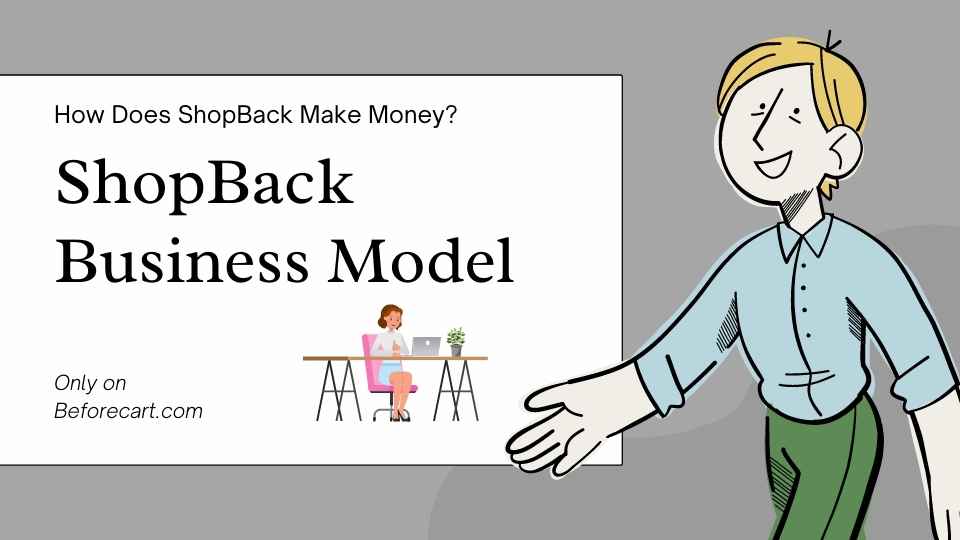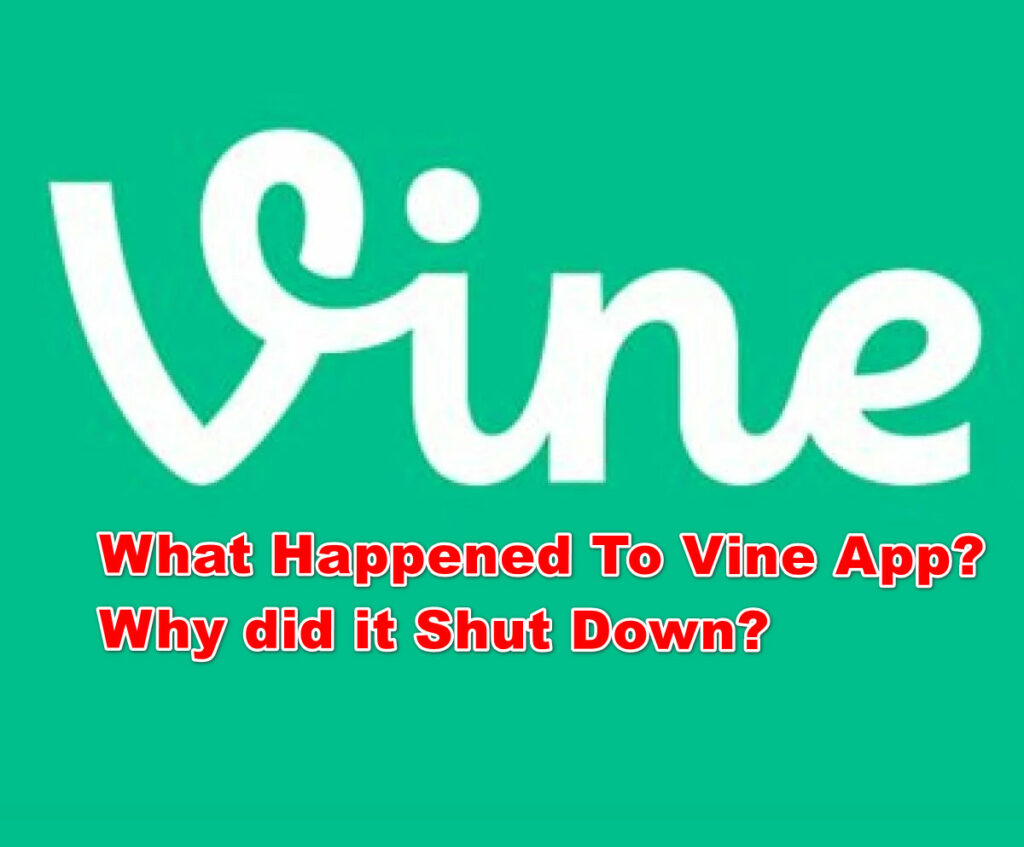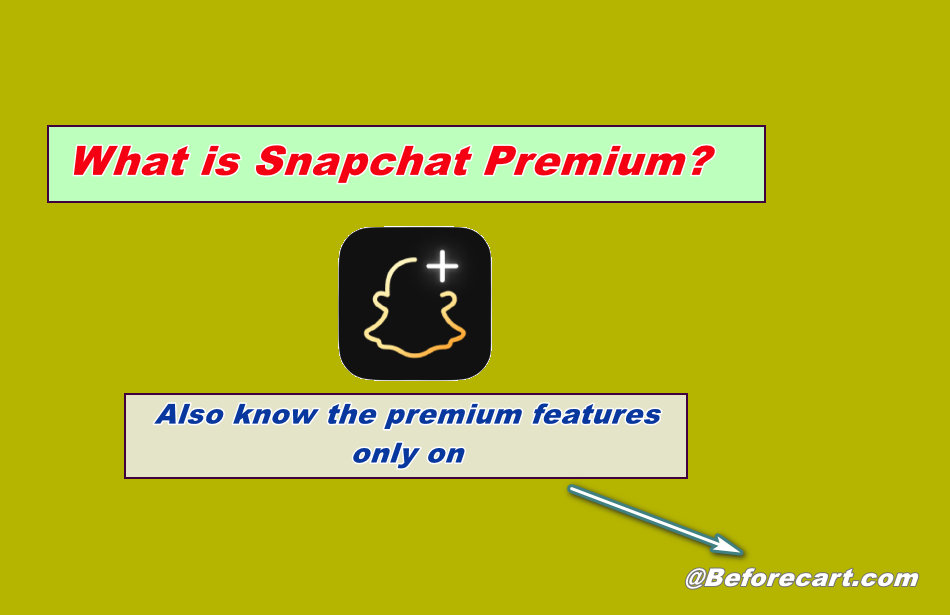Mastodon Business Model: Being decentralized sets Mastodon apart from its competitors as a free social media platform that relies on user donations, sponsorships, and grants as part of its open-source-based business model.
In this article, you will learn everything about Mastodon Business Model. So, we request you read the article till the end for complete information.
What Is Mastodon?
Table of Contents
Mastodon’s decentralized approach sets it apart from other social media platforms by utilizing a federated network consisting of thousands of smaller social networks, each with its server and moderation policies.
Users can register for each server individually and interact with short-form content, such as posts up to 500 characters, images, audio, or video files. Like Twitter, Mastodon also allows using hashtags, following other users, and engaging with their ‘toots’ by liking, commenting, sharing, or boosting them.

The Home timeline displays posts and shares from everyone you follow, the Local feed shows content from the user’s server instance, and the Federated timeline shows all posts from all Mastodon servers where the user follows someone.
Accessible via a web browser or downloadable app, third-party apps like Metatext or Mast also use Mastodon’s open-source code.
Recommended: Who Owns Mastodon?
How Does Mastodon Make Money?
Mastodon’s primary source of income currently comes from user donations made via Patreon, although it also receives revenue from sponsorships and grants. Users have a range of donation options, starting at $1 per month and going up to $500 per month.
By paying $10 per month, users can get their name listed on the sponsor’s list on joinmastodon.org and gain access to the development Discord. Those paying $500 per month can have a medium-sized logo with a link inserted on the front page of joinmastodon.org, which receives over 600,000 monthly visitors.
Mastodon’s Gold and Platinum tiers, which offer limited space, are often sold out despite their higher costs of $200/month and $500/month, respectively. Users who pay annually can enjoy a 10 per cent discount on their subscription. Mastodon has received donations from notable companies such as Medium and Raspberry Pi.
It is unlikely that Mastodon retains all of its donation and sponsorship revenue since Patreon charges a fee of 5 per cent to 12 per cent for donation processing. In addition to sponsorships, Mastodon also receives revenue from grants awarded by various institutions. In 2019, for example, Samsung provided Mastodon with a grant for open-source software.
In 2022, Mastodon received a grant from the European Commission to work on features related to decentralized social media. As part of this grant, the EU set up its own Mastodon server, EU Voice, to test and provide feedback on these features. This grant is a testament to the growing interest in decentralized social media platforms and Mastodon’s commitment to promoting a more user-centric and community-driven approach to social media.
Recommended: How does Discord make money?
Secret Behind The Mastodon Business Model
Mastodon’s business model strategy is to eventually provide ancillary services based on its decentralized network of servers. The platform’s underlying philosophy is that major centralized tech platforms, such as Alphabet and Meta, exert excessive control over users’ personal data and the content they consume.
These platforms use invasive data collection practices, using the information gathered to track users’ internet activity and present them with highly personalized ads designed to maximize click-through rates.
The cultural divide and heightened emotions resulting from personalized ads are direct consequences of these practices. In contrast, Mastodon aims to empower users and give them control over personal data. Users are responsible for monitoring server activity and moderating content, and Mastodon has banned servers that previously promoted discriminatory or illegal content.
For the time being, Mastodon does not want to use advertising as a revenue source to avoid perpetuating the outrage cycle. Instead, it relies on donations from users, which are used to develop new features and potentially offer additional services to server operators.
Mastodon is registered in Germany as a gGmbH, a limited non-profit liability company with several distinctions from for-profit companies (GmbH). These include:
- Additionally, a gGmbH must allocate all its profits towards its stated public benefit goals rather than distribute dividends to shareholders.
- Moreover, if the company is dissolved, its remaining assets must be donated to another non-profit organization with similar goals and objectives to the gGmbH.
- Overall, the gGmbH structure ensures that Mastodon remains committed to creating a decentralized and user-empowering social media platform while promoting transparency and responsible use of user data.
- As a non-profit organization, Mastodon can receive tax-exempt donations. However, any other income generated through its activities, such as sponsorships, may still be subject to various taxes depending on the country and local regulations.
- The tax implications of Mastodon’s revenue streams would depend on its jurisdictions’ specific laws and regulations.
In the interview with TechCrunch, Rochko discussed the possibility of a split model where a for-profit entity could operate alongside the non-profit Mastodon organization. The for-profit entity would potentially offer software-related products and services such as server hosting, domain registration, and server customization.
This could provide additional revenue streams for Mastodon while maintaining the non-profit organization’s focus on decentralization and user empowerment. However, it is essential to note that this is still a possibility, and there are no concrete plans yet for a split model.
Recommended: How Does Paceline Make Money?
Mastodon is considering offering ancillary services around its decentralized network of servers through a for-profit entity. Server hosting is one of the likely options for this entity to provide, which third parties currently offer.
Additionally, running a domain registration platform could be another option. This approach would allow Mastodon to generate revenue from its services and continue to fund the development of the Mastodon platform.
By providing server customization services, Mastodon could help companies and organizations set up instances on the Mastodon network tailored to their specific needs and requirements. This would not only generate additional revenue for Mastodon but also help to promote the adoption of decentralized social media platforms like Mastodon.
Recommended: How does Giphy make money?
How Much Revenue Does Mastodon Generate?
Most of Mastodon’s revenue comes from sponsorships, with Patreon being the leading platform for these donations. According to its official page, as of February 2023, Mastodon is receiving $34,000 per month in sponsorships from its users.
Mastodon’s revenue generated from donations is tracked on its dedicated Patreon page. The page shows the current number of patrons, the amount of money pledged per month, and the different sponsorship tiers. Patrons can choose to donate monthly or annually, and they can cancel their pledge at any time. The page also includes updates from the Mastodon team on new features and developments in the project. You can check or join its subscription plans from HERE.
According to Mastodon’s Patreon page, the funds generated from donations and sponsorships are used to pay the salary of its founder Eugen Rochko, as well as a team of developers that work on both its app and website. This compensation allows them to continue to develop and maintain the platform for its users.
Mastodon’s donations are also used to cover the operational costs of its servers, including mastodon.social, joinmastodon.org, and mastodon.online. These costs can include server maintenance, hosting fees, and other expenses related to running and maintaining the Mastodon network.
Recommended: Brave Business Model
Conclusion – Mastodon Business Model
Mastodon is a decentralized social media platform that operates as a non-profit limited liability company in Germany. Its revenue primarily comes from tax-free user donations, and the company uses this funding to pay for operational costs and compensate its founder and developers.
Mastodon aims to empower its users by giving them control over their data and moderating content themselves. It plans to expand its services by potentially offering server hosting and customization for businesses.
Additionally, Mastodon has hinted at creating a for-profit entity to provide software-related products and services. Overall, Mastodon’s business model emphasizes user empowerment and responsible data collection practices while eschewing traditional advertising models.
In this article, we have shared all the essential information regarding Mastodon Business Model. If you still have questions, you may write in the comment section.
Thanks for reading.





